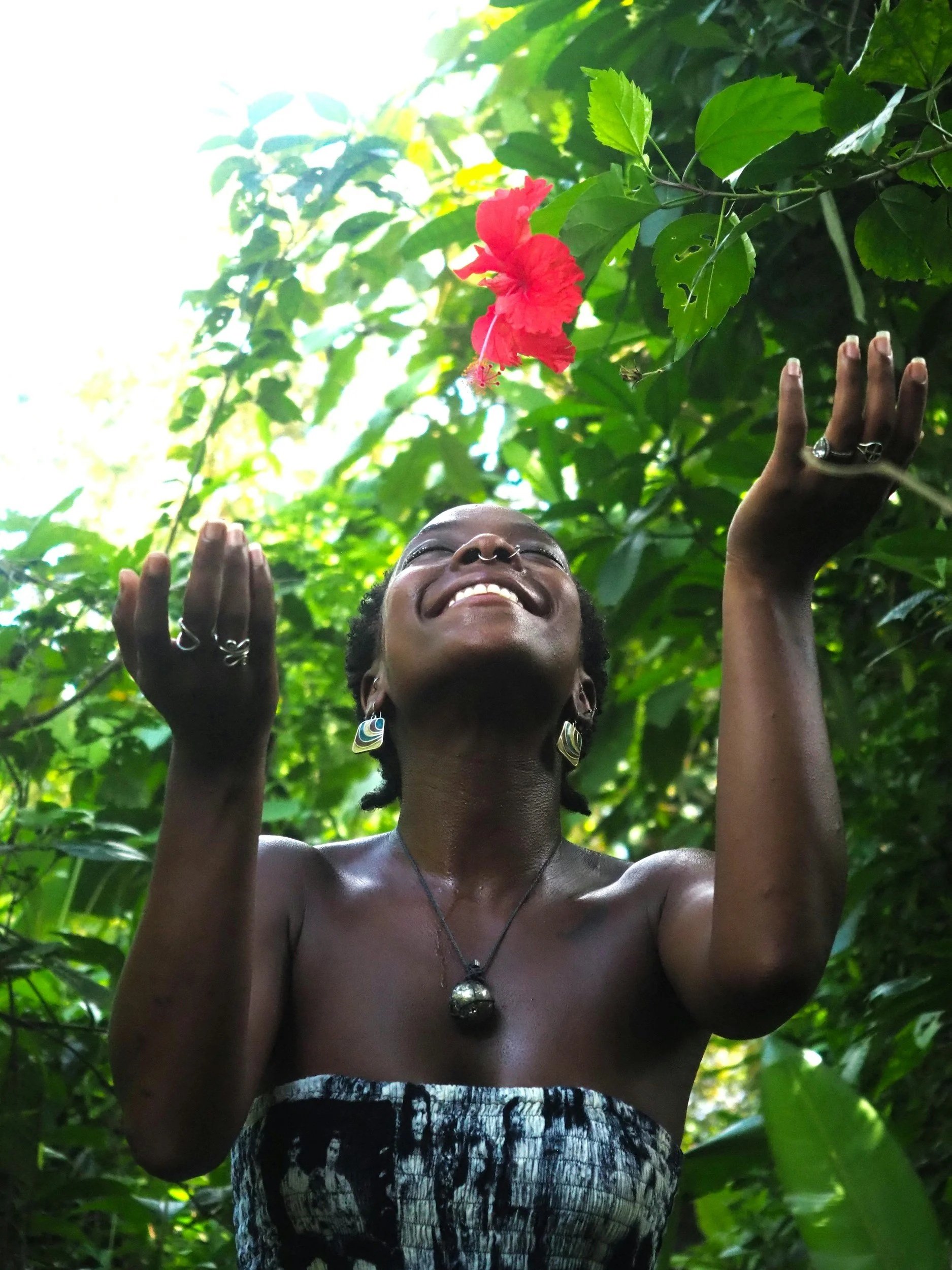The Science of Gratitude: How Thankfulness Nurtures Health and Happiness in Kids and Adults
At All Together Wellness, we believe that wellness is more than physical health — it’s about nurturing the mind, body, and heart. One of the simplest yet most powerful ways to support whole-person wellness is through gratitude.
Gratitude is more than just saying “thank you.” It’s the practice of noticing and appreciating the good around us — the small moments, the people who make a difference, and the opportunities for joy in everyday life. And science shows that this simple habit can have lasting effects on both mental and physical well-being for children and adults alike.
How Gratitude Works in the Brain
When we take time to feel or express gratitude, something remarkable happens inside our brains. Research from leading institutions such as Harvard and UC Berkeley has found that gratitude activates areas of the brain linked to emotional balance, empathy, and motivation.
This practice triggers the release of dopamine and serotonin — the “feel-good” chemicals that boost mood, improve sleep, and help regulate stress. Over time, consistently focusing on gratitude strengthens these neural pathways, helping our minds naturally gravitate toward the positive, even during challenging times.
In essence, gratitude trains our brains to notice what’s going right — not just what’s going wrong.
The Benefits of Gratitude for Adults
For adults, practicing gratitude offers both emotional and physical benefits. It can:
Lower stress and anxiety by shifting focus from what’s lacking to what’s going well.
Improve sleep quality, especially when practiced before bed.
Strengthen the immune system and support overall health.
Enhance relationships through greater empathy and appreciation.
Build resilience and optimism during life’s ups and downs.
When we incorporate gratitude into our daily routines, it becomes a grounding tool — one that helps us pause, breathe, and find balance in the midst of a busy world.
How Gratitude Supports Growing Minds
For children, gratitude is an important part of social and emotional development. It helps kids recognize kindness, develop empathy, and build meaningful connections with others. Studies show that children who regularly practice gratitude are more likely to express positive emotions, cooperate with peers, and feel greater satisfaction with life.
Here’s how gratitude benefits kids:
Emotional awareness: Talking about what they’re thankful for helps kids name and express their feelings.
Empathy: Recognizing what others do for them fosters kindness and compassion.
Social connection: Gratitude builds stronger relationships with family, friends, and teachers.
Resilience: Grateful children are more likely to bounce back from frustration and disappointment.
By helping kids notice the good around them — even small joys like a fun day at school or a favorite meal — we encourage emotional growth and confidence.
Simple Ways to Practice Gratitude — as a Family
At All Together Wellness, we love encouraging families to bring gratitude into their daily rhythm. These small, consistent practices can help make thankfulness a natural part of life:
For Adults:
Start or end your day with gratitude. Write down three things you’re thankful for, no matter how small.
Share appreciation. Express thanks to someone each day — a coworker, partner, or friend.
Pause with purpose. In stressful moments, take a deep breath and reflect on one thing you appreciate right now.
For Kids:
Gratitude jars or journals. Have children write or draw something they’re thankful for and collect them to read later.
Bedtime reflection. Ask, “What made you smile today?” to end the day on a positive note.
Thank-you art. Encourage kids to create a drawing or note for someone they appreciate — a teacher, coach, or family member.
Gratitude Grows When It’s Shared
One of the most meaningful parts of gratitude is how it connects us. When families, classrooms, or communities share what they’re thankful for, it creates a ripple effect of positivity and connection. Whether it’s around the dinner table, during a therapy session, or at school, taking a moment to acknowledge the good helps everyone feel more supported and seen.
A Gentle Reminder
Gratitude doesn’t erase challenges, but it gives us perspective. It reminds us that even in difficult seasons, there are small, steady sources of light and love around us. Practicing gratitude helps us and our children build the kind of inner strength and hope that fuels true well-being — all together.



